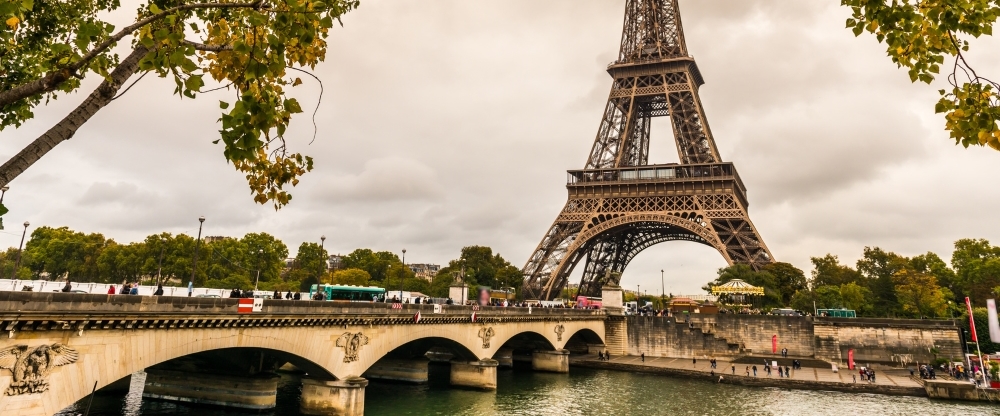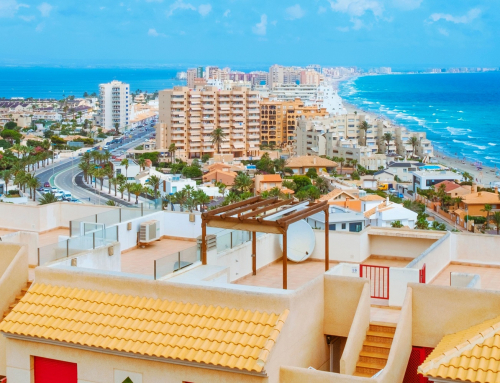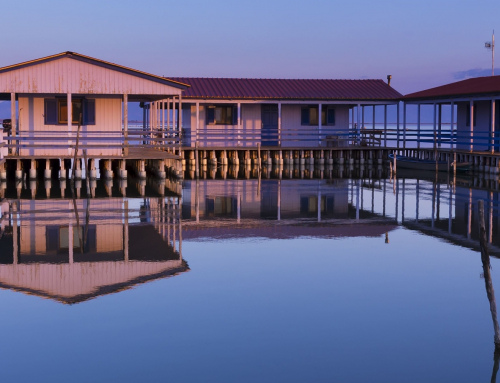Investing in real estate is a big step, especially if you wish to invest abroad. Cultural and legal procedures related to a property sale differ from one country to another. As the amount involved in the transaction is important, it is recommended to operate the right way.
Ownership: In France, if you buy a property, most of the time the plot in which it is built does belong to you. In England, two buying option are offered. You can buy either on leasehold, or on freehold. The freehold option grants you the ownership of the building as well as the land, whereas the leasehold option only grants you the building ownership and the land for a reduced amount of time (often 99 years or 125 years). In this case, you have a legal contract with the owner which settles the legal rights and responsibilities of both parties.
Parties involved: A lawyer is required for each party in England. The two lawyers will be the voice of each related party from conducting the negotiations to closing the deal and signing the sale contract. In France, only the buyer needs a legal representative, a notary, to assert the sale contract.
Expertise: When buying in England, it is advised to ask for an expertise of the property you are willing to buy as the seller have limited obligation to inform you on current legal servitudes related to the house. He has full obligation to inform you for those that can be revealed when inspecting the house. In France, the seller must provide you with all information and legal servitudes related to the house. However, you can still ask for a house expertise if you wish, to check the provided information, or to have a second opinion on the price.
Buying process: There are two steps in the English buying process. The first one is the acceptation of the offer. It includes the sale offer issued by the lawyer of the selling part. From there, the buying part proceed to a series of background checking such as house expertise, or legal servitudes that might still apply. Having all those information, the buying part can either re-negotiate the offer, either accept it. Once the contract signed, the parties move to the second step of the buying process. This is the sale completion in which the buying part transfers the amount due. If one of the two parties refuses sale completion, 10% of the selling price is reverted to the other for compensation. Legal actions can be undertaken. In France, the buying process is rather simple. Once the buyer saw the apartment, he can make an offer to the seller. The buying part has to determine how long this offer will hold, and the amount of money they are willing to put to buy the house. Note that this offer is legally binding the buyer until it expires. This type of offer is not mandatory. If the seller agrees with the price, the notary will proceed to contract establishment. The buyer will also be asked to prepay 10% of the house price which stands for the “promesse de vente”, and that will not be reverted to the buyer if he decides to withdraw from the sale. Once the contract is ready, both parts meet with the notary to sign the contract.







